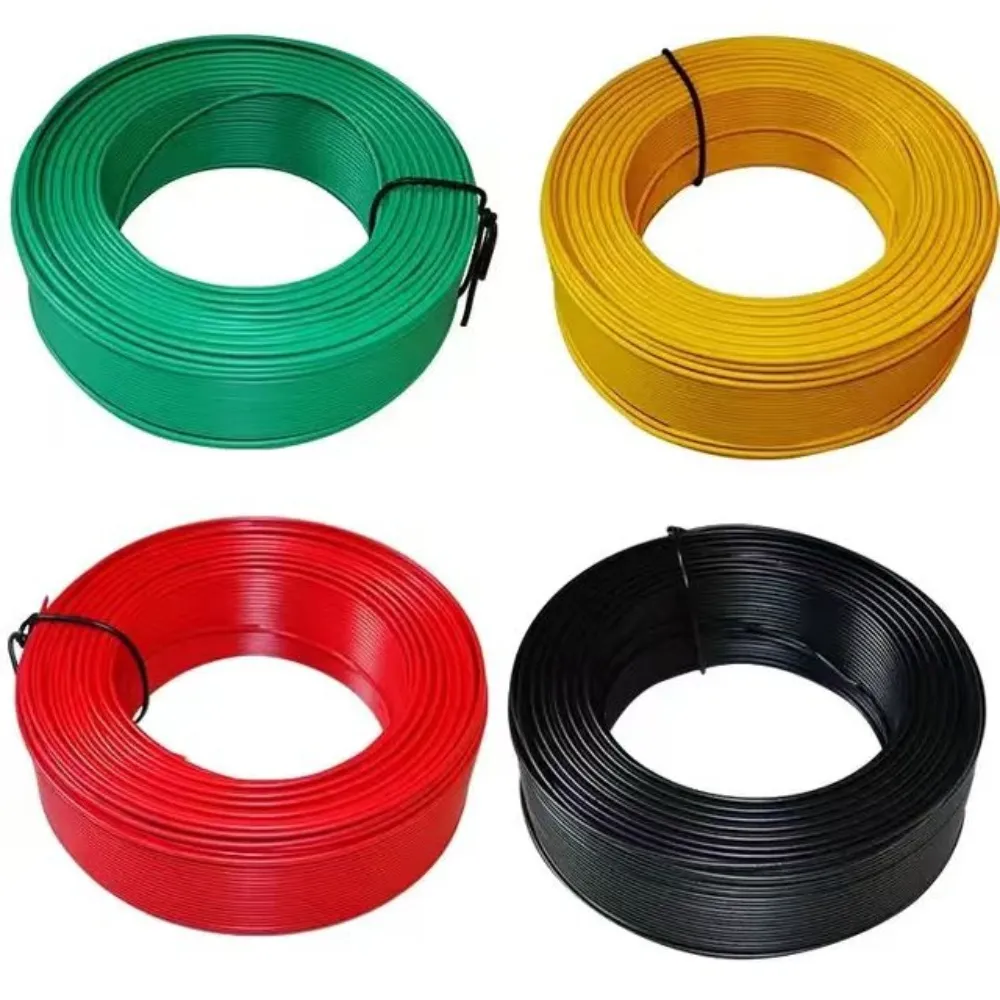Understanding the Yield Strength of Welded Wire Mesh in Construction Applications
Understanding Welded Wire Mesh Yield Strength
Welded wire mesh is a versatile and widely utilized material in various industries, including construction, agriculture, and manufacturing. Its design, made from intersecting wires welded together at their junctions, imparts unique properties that make it ideal for reinforcement and structural support. One of the critical characteristics of welded wire mesh is its yield strength, a vital factor that dictates its performance and suitability for specific applications. In this article, we will explore the concept of yield strength in welded wire mesh, its significance, and the factors that influence it.
What is Yield Strength?
Yield strength refers to the amount of stress a material can withstand while deforming elastically. When a force exceeds this limit, the material begins to deform plastically, meaning it will not return to its original shape upon the removal of the load. This mechanical property is crucial in ensuring the safety and stability of structures, as it determines how much load the wire mesh can bear without compromising its integrity.
In welded wire mesh, yield strength plays a significant role in determining the mesh's effectiveness in reinforcing concrete and providing structural support. It is essential for engineers and contractors to understand the yield strength of the welded wire mesh they are using to ensure that it meets the project requirements.
Factors Influencing Yield Strength in Welded Wire Mesh
1. Material Composition The type of steel used in the manufacturing of welded wire mesh greatly affects its yield strength. Common materials include low-carbon steel, which generally offers good tensile strength but lower yield strength, and higher-grade steels that can provide enhanced durability and support.
2. Wire Diameter The diameter of the wire used in the mesh influences its yield strength. Thicker wires usually exhibit higher yield strengths compared to thinner wires, making them more suitable for heavy-load applications. Engineers must consider the balance between weight and strength when determining wire diameter.
3. Weld Quality The quality of the welding process between the intersecting wires is vital. Proper welding techniques can enhance the overall strength of the mesh. Poor welds may create weak spots that compromise the overall yield strength, leading to potential structural failures.
welded wire mesh yield strength

4. Mesh Configuration The arrangement and spacing of the wires in the mesh affect its strength. A tighter spacing of wires typically improves the load-bearing capacity of the mesh, as it distributes the stress more evenly across the material.
5. Treatment and Coatings Some welded wire meshes undergo treatments or coatings that can alter their mechanical properties. For example, galvanization enhances corrosion resistance and may slightly influence yield strength by affecting the surface properties of the wire.
Importance of Yield Strength in Applications
The significance of yield strength in welded wire mesh is evident in its range of applications
- Construction In concrete reinforcement, the yield strength of welded wire mesh ensures that it can bear heavy loads and provide stability. Without adequate yield strength, structures like bridges, buildings, and sidewalks may be at risk of failure.
- Fencing In agricultural or industrial fencing, the yield strength determines how well the mesh can withstand impacts from animals or external forces, ensuring long-lasting durability.
- Manufacturing In processes that require welding or cutting, understanding the yield strength of the mesh is essential to prevent accidents and ensure precision in manufacturing.
Conclusion
In summary, welded wire mesh yield strength is a fundamental property that influences its performance in various applications. Understanding the factors that affect yield strength allows engineers, architects, and contractors to make informed decisions when selecting the appropriate mesh for their projects. As industries continue to evolve, the demand for high-strength, durable materials like welded wire mesh will only increase, making yield strength a critical consideration in material selection and structural design. By prioritizing this essential characteristic, professionals can ensure the safety, functionality, and longevity of their constructions and applications.
-
Space-Saving Chain Fence Hacks Vertical Gardening with Cyclone MeshNewsJul.16,2025
-
Innovations in Iron Nail Wire Production for Modern ConstructionNewsJul.16,2025
-
Creative Uses of Wire Netting Fence in Modern Landscape DesignNewsJul.16,2025
-
Barbed Wire Fence Innovations in Anti-Climb TechnologyNewsJul.16,2025
-
Architectural Uses of Umbrella Nails for Aesthetic Roof DesignsNewsJul.16,2025
-
Architectural Uses of Razor Barbed Wire in Secure Urban DesignNewsJul.16,2025




